Building Capacity…In Developing Stories That Grab Reporters

We all know that building capacity in the developing world—whether by providing technical training to laboratory staff or equipping a clinical trial site with a reliable power source or setting up financial management systems—is a worthy endeavor. But is it newsworthy? Especially when you don’t give concrete examples of how you’re helping people help themselves? The answer, all too often, is “no.”
Francis Collins, How Do I Love Thee? Let Me Count the Ways.
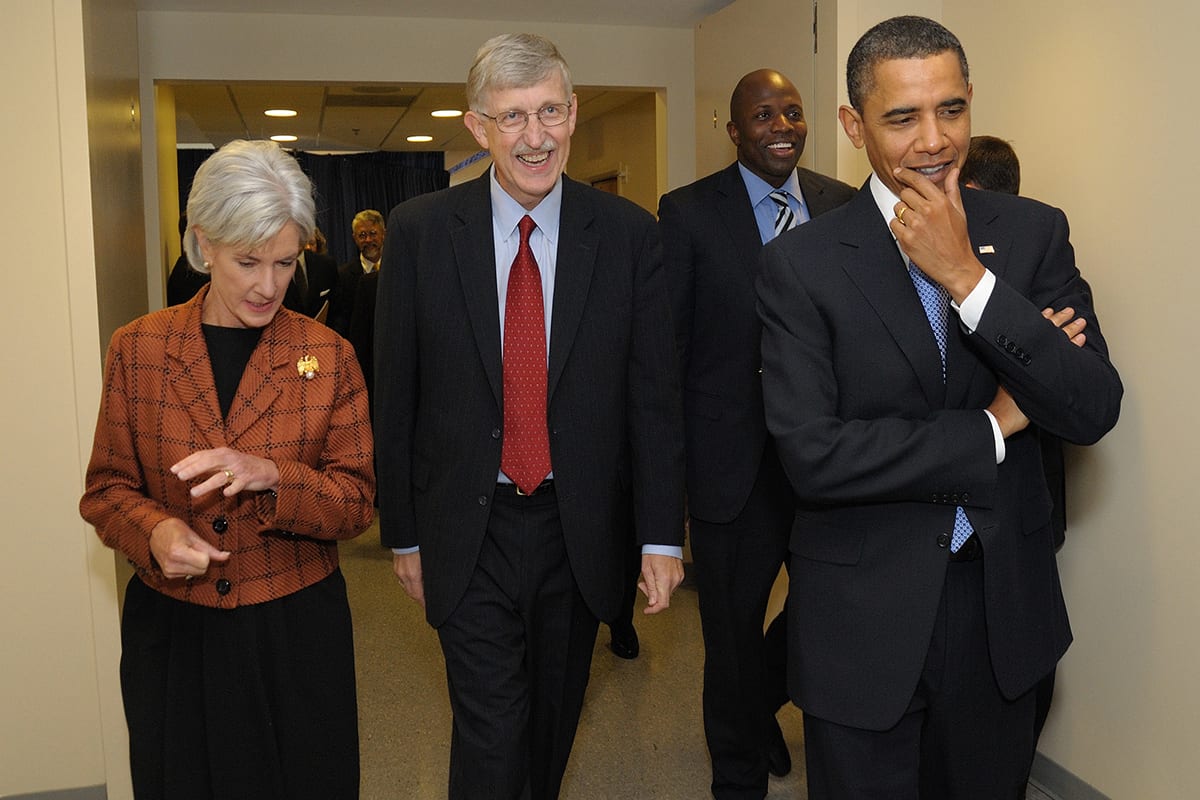
I’d like to take a moment to pay homage to an expert communicator whose clear explanation and skilled delivery makes my heart skip a beat every time I see him interviewed. I am talking about Dr. Francis Collins, Director of the National Institutes of Health. Take note – if you do half as well as Dr. Collins on staying on message, you’ll likely nail your interview.
Scientists Make iPhone into Low-Cost Microscope to Diagnose Intestinal Worm Infections in African Children
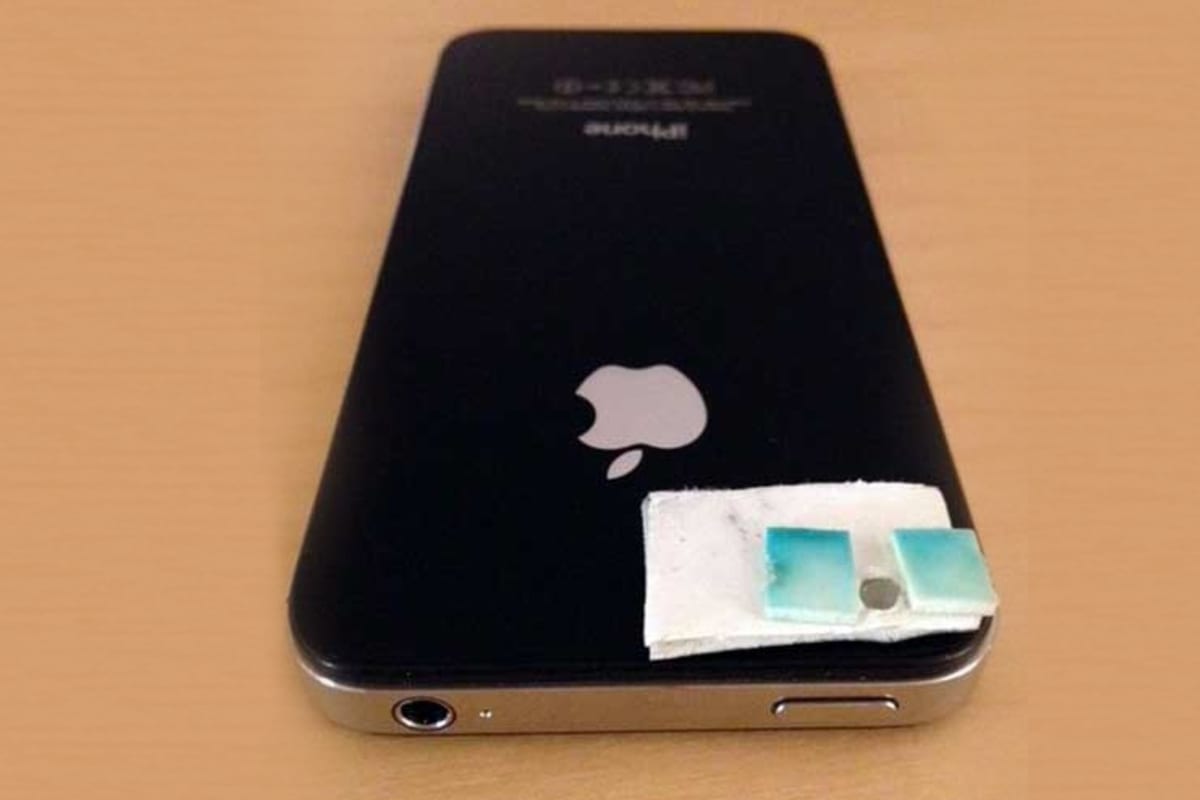
Dr. Isaac Bogoch, an infectious disease specialist at Toronto General Hospital has shown that you can turn everyday items: iPhone, a cheap lens, some double-sided tape and a flashlight, into a field microscope that successfully detects intestinal worms, also known as soil-transmitted helminths—which infect 2 billion people around the world.
Changing the Way Doctors Are Paid
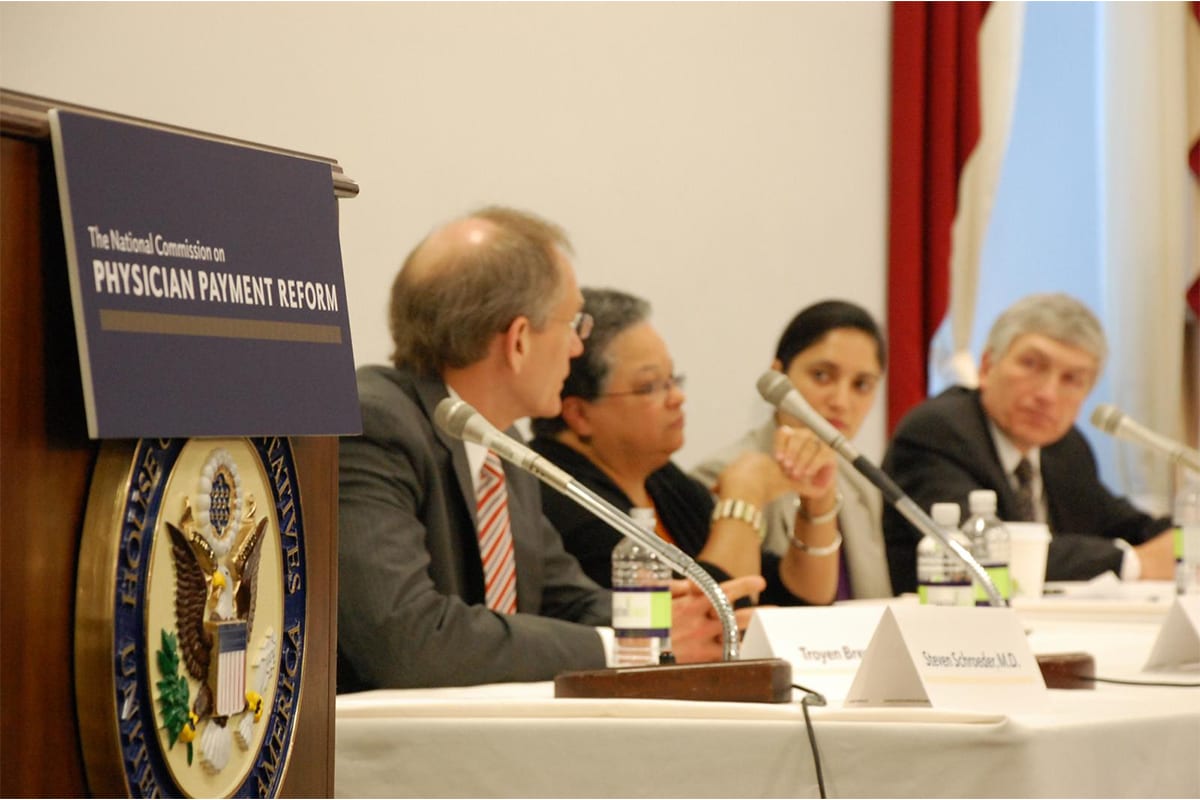
According to a report from the National Commission on Physician Payment Reform, a Burness client, changing the way doctors get paid is the first step to fixing our health care system. The report details 12 sweeping recommendations aimed at reining in health spending and improving quality of care.
Sound Smart…Mean Nothing
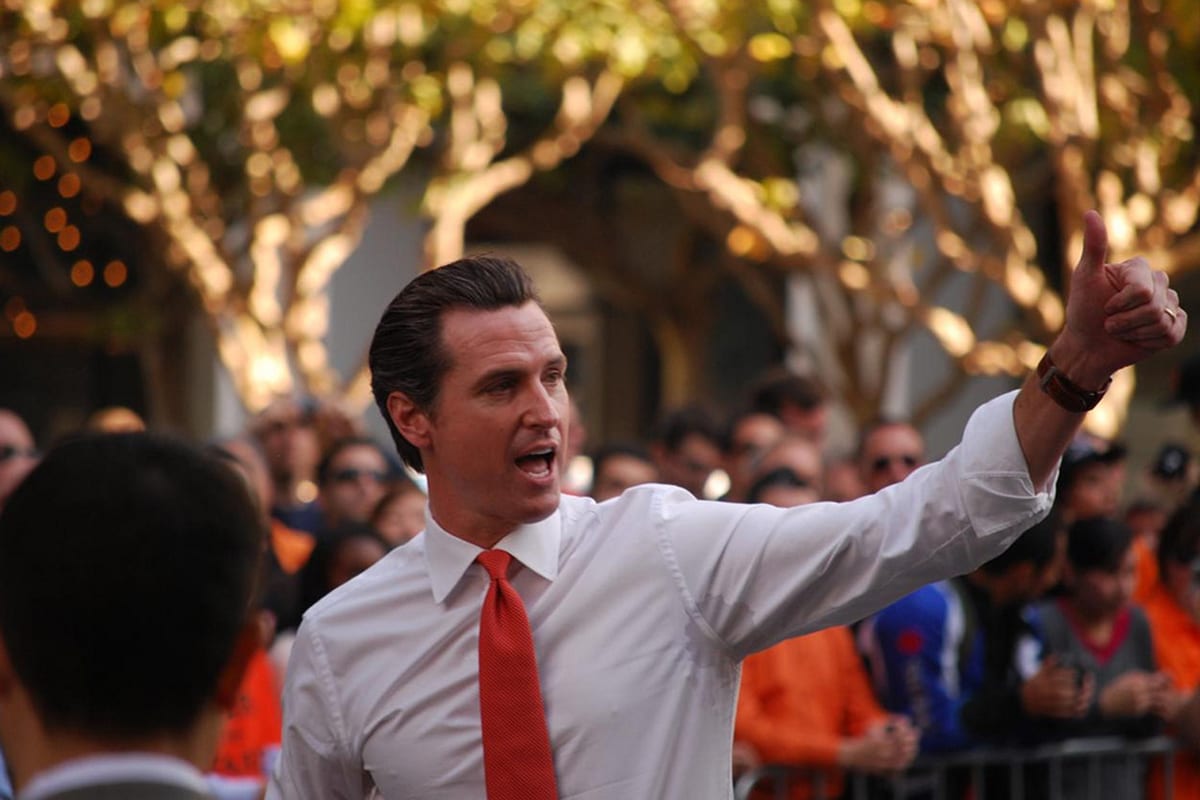
Two words that most people would not think to find on a “no jargon” list: capacity and community. ThThink about it. What capacity are we building? Capacity to do what? And by the way, who makes up the community? What people are we talking about? These vague and bland words leave you with more questions than answers.
Burness Communications Announced as New Member of Community Profits Montgomery
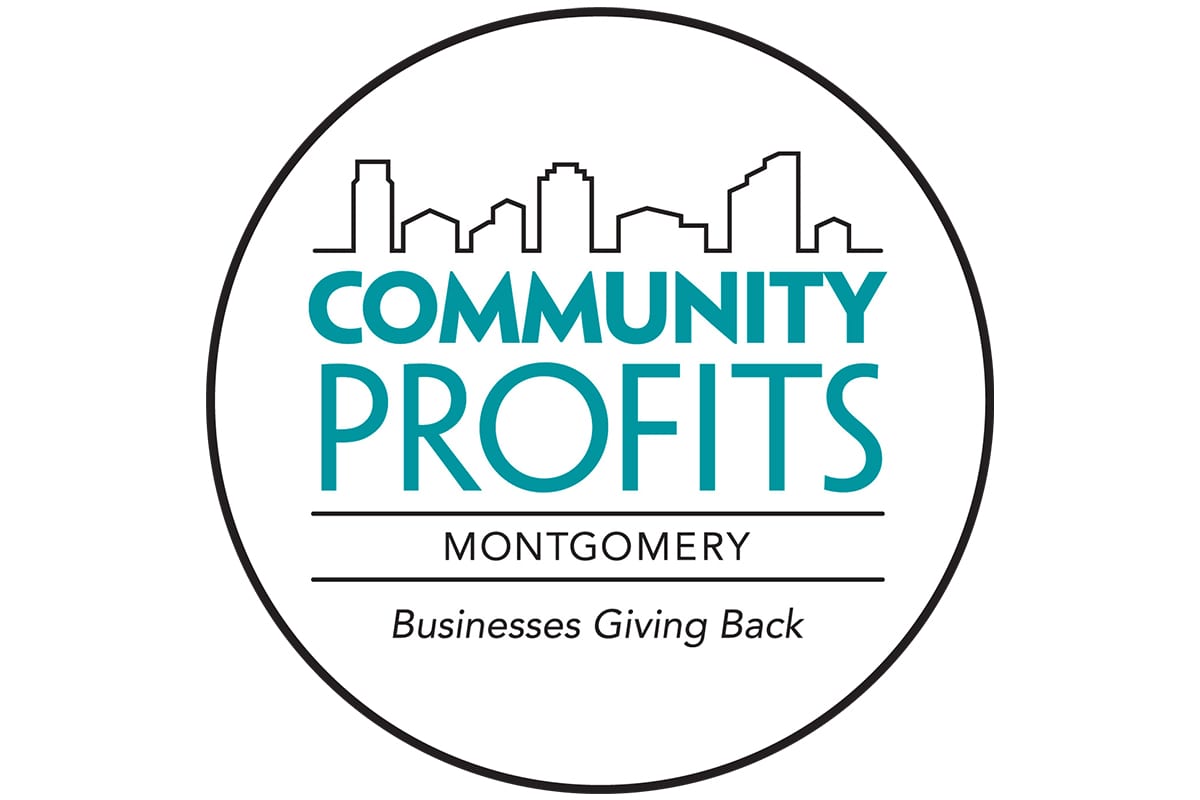
Burness Communications today announced its acceptance into Community Profits Montgomery, a program that promotes companies that give back to the community and inspire others to do the same. The initiative stems from a simple idea: to create a platform that recognizes local businesses for giving back to the community, inspiring them to continue their good work—and encourage others to do the same.
Andy Burness: “We all have THAT teacher who shaped our purpose as a human being. Dr. Cook is mine.”
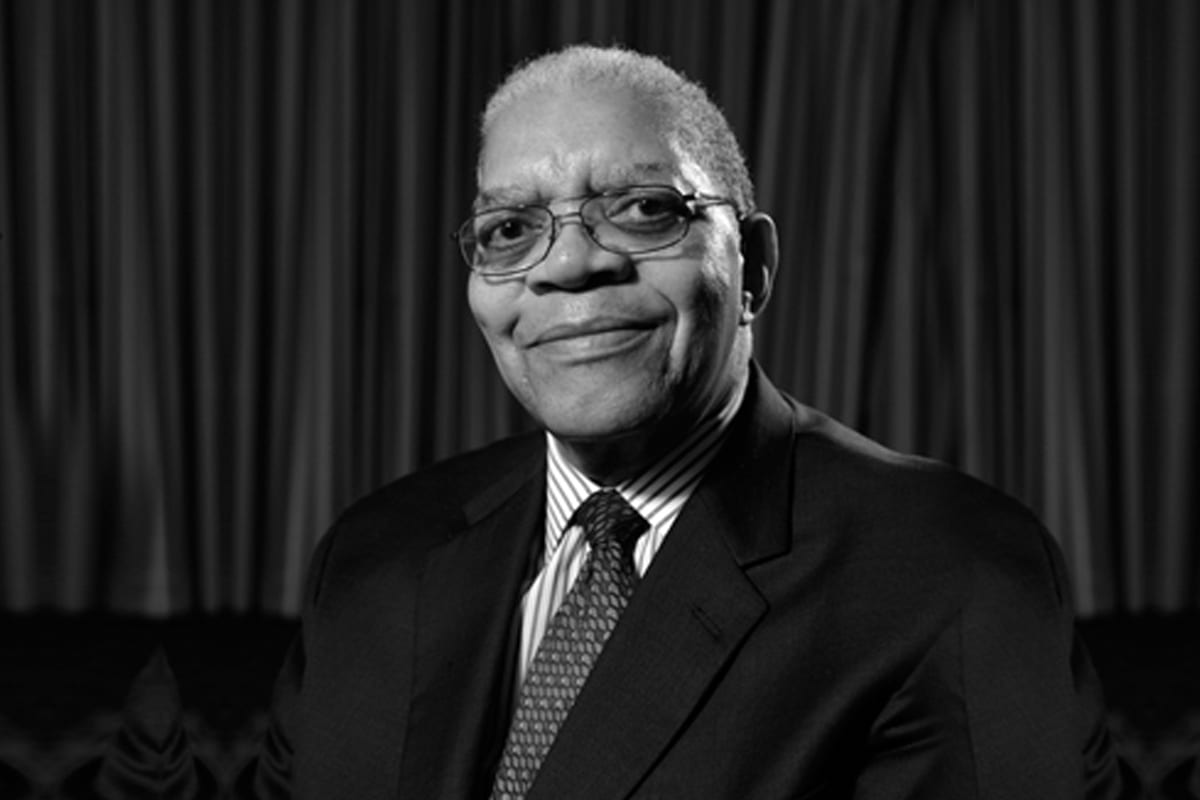
On February 19, 2013, Andy Burness offered the following words at the Samuel Dubois Cook Society Awards Dinner in Durham, N.C. Dr. Cook, a close personal friend of Dr. Martin Luther King’s, was the first African American professor at Duke University and has the distinction of being the first African American to hold a tenured faculty appointment at any predominantly white college or university in the South. He has also had a tremendous impact on Andy’s life as a professor, mentor, and friend.
Local Meteorologist Delivers More Than a 10 Day Forecast: Educating on Climate Change
Politicians aren’t trusted as a source for information on climate change, reported NPR on Tuesday. Also – unsurprisingly – scientists are the number one trusted source for climate change research. What caught my ear during this Morning Edition story, however, was the second most trusted source: local TV weathercasters.
Emotions Dominate the State of the Union
What’s the difference between and good speech and one you’ll never forget? Emotion.
China Leads World’s Embrace of Inexpensive Approach to Clean Water
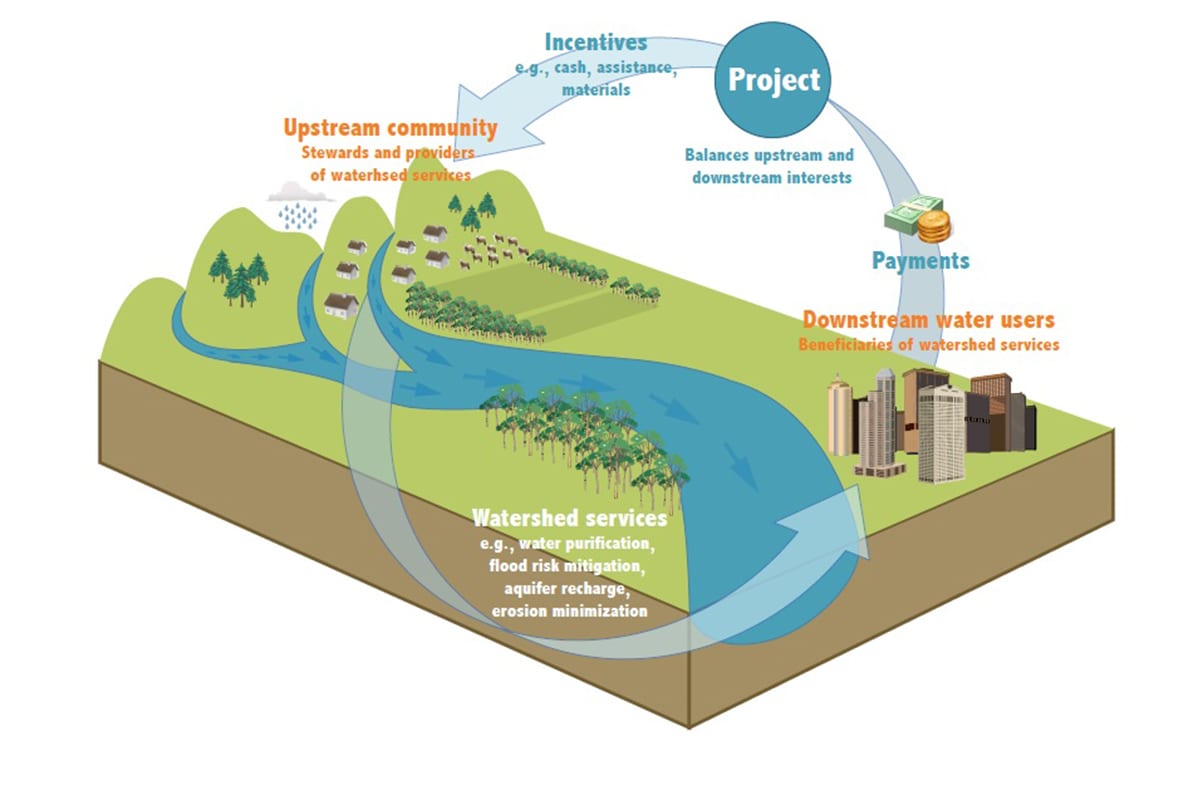
Charting New Waters: State of Watershed Payments 2012 tallies an uptick in investments by governments, NGOS and private companies that pay communities to shelter or clean up water supplies. The study found that more than $8 billion was invested in these projects—a $2 billion increase from the study’s findings in 2008.
